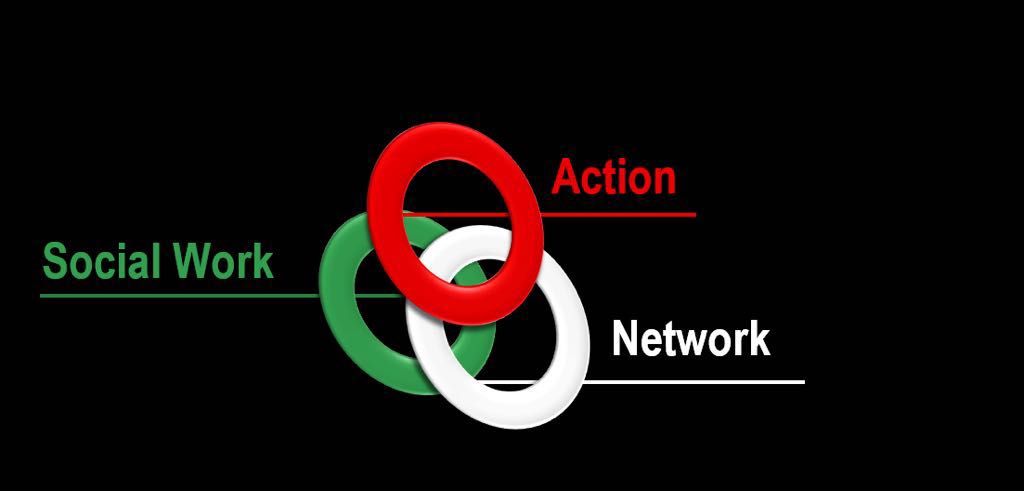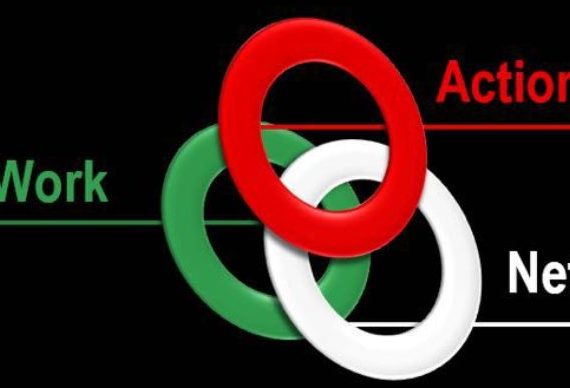I am an Adults Services social worker, working from home with my partner and our children. While she’s a part time teacher, and it’s difficult on the days when we’re both working, we have work, we are managing and we are safe.
That’s not to say that Covid-19, hasn’t significantly altered working life for me and for others in our council.
Like others, tragically, we have lost scores of our clients in the community, supported living placements and residential care homes to Covid-19. We’ve also had at least one member of staff working in front line social care. One of my own clients has died, not from Covid-19, but I attended her funeral remotely by video link – unfortunately we couldn’t get flowers to the funeral parlour in time for the funeral itself.
As a rep in our Union branch, we know all about the tussle our members have had in both in house and private social care provision due Covid-19 period and the measures taken in haste to respond to the Pandemic which have not been planned or gone through consultation. We’ve had some success in getting a closer link with the leadership of the council during this time and we have twice weekly teleconferences in which we’ve been able to influence existing ideas and plans, but key HR/TU meetings have been postponed.
Just as it has been odd working via video and telephone only with clients in social work practice, it’s also been odd as a union rep trying to advocate without being able to read the dynamics in the room so easily.
There have been some positive, though imperfect, responses to Covid-19. For example, we have a huge team of redeployees within the council working on contacting people who are on the NHS’ extremely vulnerable or shielding list which comes to us from Public Health England in dribs and drabs each day.
Thoughts about working practices:
1. Management oversight has changed and is somewhat paranoid – The first change was unease by managers that they could not oversee productivity within the team in the same way. I know social workers in other local authorities have been able to fight this off collectively, but at present we have daily task lists to complete. It was a real drain on the team in the early weeks when we were told continually that we weren’t being productive (as people were still figuring out how to use the recording sheet) and that we could all well be redeployed within the council. I suspect for many social workers during this period, they’ll be familiar with just how much time was spent setting up new processes and procedures, chopping and changing between the strategic priorities for the team, finding new ways of doing work, trying to stay abreast of the tide of new guidance, policy and comments on social work practice and, of course, completing the list itself! The impact on practitioners is that opportunities for greater autonomy in practice are curtailed.
2. Checking on people who are shielding, proactive but top down work – there has been a top down community social work approach formulated by our council’s leadership. This has involved the formation of a team of redeployees making calls to those most extremely vulnerable to COVID19 (shielding), – this is checking that people who are self-isolating have access to groceries, medication and some kind of social contact, as well as checking on their welfare. This has also involved social workers regularly working at weekends and evenings. We have been expected to persist until we have contacted the client.
The problem is this means we regularly run over agreed time slots and it has contributed to a sense of shapelessness of the working day and weekend. When you are at and away from work is now more blurry. Shielding work is in theory voluntary for social workers, but with managerial and peer pressure, that is unclear. Some social workers have been put on lists without their permission. There have even been occasions when we have sent out social workers to do emergency home visits by accident, who were in the ‘at risk’ category for Covid-19 infection themselves. However, it has been interesting working across client groups (children to adults, and those with various impairments and social circumstances) and with the general public in a different way.
What we’ve not been doing so much, and what I and others in my team have been doing, is pushing for proactive work with those outside of the Shielding list – for instance making checks on a wider section of our clients by telephone. Instead for the most part, we’ve adopted a passive approach in which people come to us.
3. Access to PPE – this has been the main issue as a Trade Unionist, as a limited supply of PPE was initially available. While our council tells us we have adequate stocks, we have had instances where members in social care provision did not have PPE – for instance when facemasks were not available when working in children’s centre (we had an instance of a child deliberately coughing on staff). In passenger services who help transport young people with complex behavioural needs to college, who are regularly much less than 1m away, for sometimes did not have this PPE available. Our council has given a 10% wage uplift to local private and in house social care, which is welcome, but it will not be extended out to others like those in passenger services or benefits offices who are coming into close contact with the public all day every day during C19. This is a developing patchwork and we have to shine a light on the holes.
4. Risk assessments and rights at work – we had difficulty in getting hold of risk assessments with people questioning why we would need to see these. Under health and safety law, TU reps can request these. We are just getting under the surface of this now. What we have seen is initially poor, just reprints of generic govt guidance on C19 – no attempt to transpose these into the individual workplace or working practices and issues of each team. Our comments have been grumpily accepted so far.
5. Whats app and other social media meeting groups – social media chats have had the impact of democratising and providing the opportunity for peer-to-peer discussion outside of the usual management structures. For instance, there is now more frequent contact and opportunities to raise issues and share ideas. Certainly it has affected the usual rigid supervisory and management changes (I know as a supervisor!) into mutual discussion and support with cases.
There is mutual support offered within groups and they have provided great ways of sharing new documentation such as policy and guidance.
Equally, these can negatively affect the working day, with work related comment and discussion in the evenings and weekends.
6. Impact on clients and practice with clients. There has been a big impact on my client group. People with learning disabilities not understanding Covid-19 and social distancing / stay at home guidance, anxiety caused by being housebound and services grinding to a halt. Lock down initially meant people with learning disabilities and autism were not able to exercise more than once a day – who have an exceptional need to do so (such as to enable a sensory diet or to manage mental health issues). This was not considered for weeks – discrimination against people with such impairments.
Face to face visits have been replaced by video calls for the most part – this is extremely difficult when working with people who have alternative or augmentative communication methods. It is potentially harder to prevent family carers speaking entirely for a client without really seeing or hearing from them. When conducting emergency home visits – we’ve had to turn up in full PPE, especially for safeguarding visits. This has created its own strange dynamic. I had to visit one family for an at risk client – my manager and I were wearing facemasks, plastic aprons, gloves and shoe protectors, I felt as though I looked like a cross between smurf and Darth Vader. It didn’t do much for the power imbalance and setting to the conditions for a sensitive conversation.
7. What happens next? This is the key question. It is crucial to ensure safety while this carries on and that we don’t return to our usual work places too soon and without proper planning. This has been our biggest ever exercise in home and flexible working, which is potentially an opportunity. Alongside this may sit less personal one to one contact with clients, a loss of the physical team. The risk is that workers will be split apart from working collectively, feeling isolated. With more individualism there is likely to be more division, more virtual management. Perhaps there will be less opportunities or at least new platforms to communicate and advocate with and on behalf of clients.
Early May 2020


